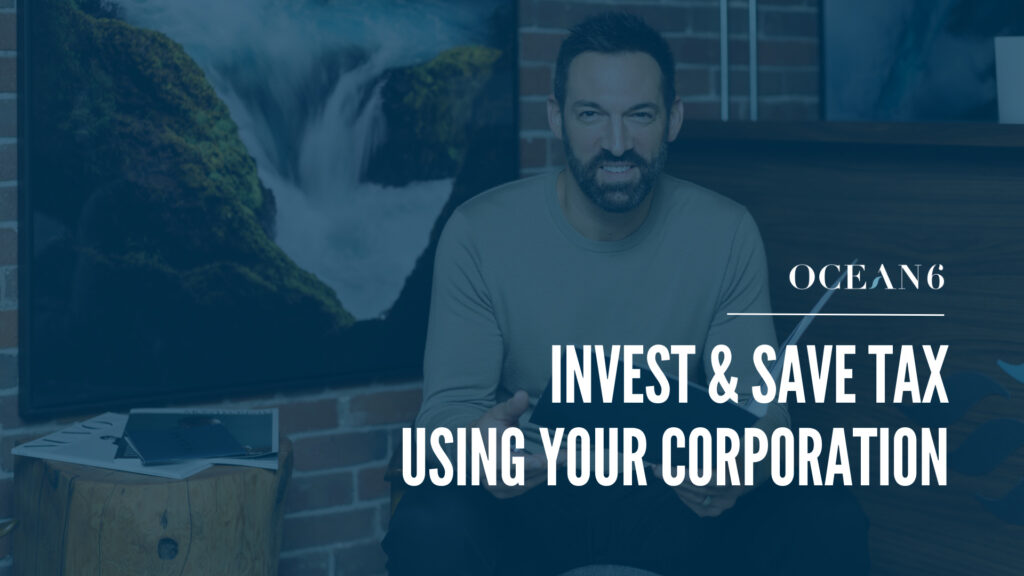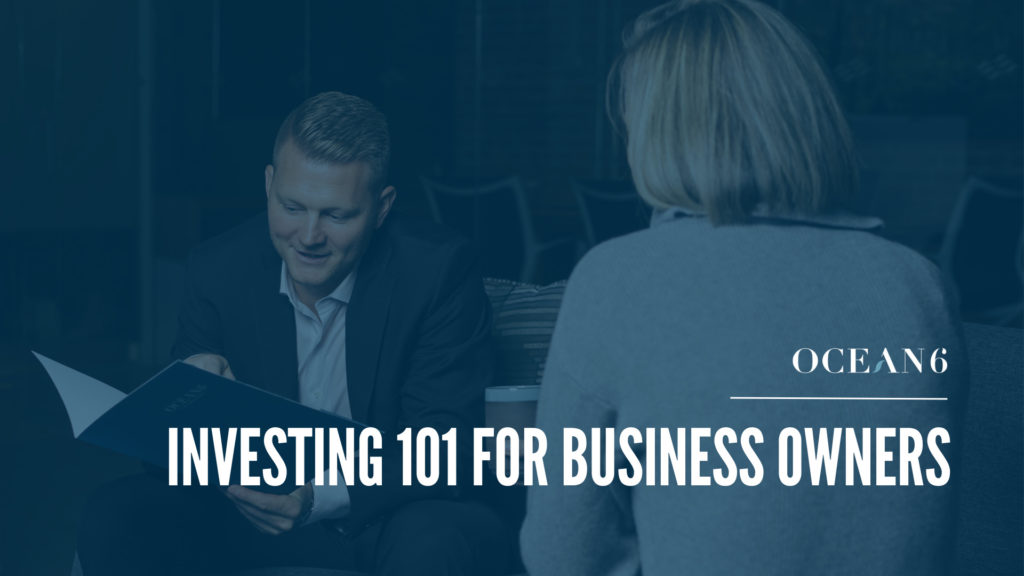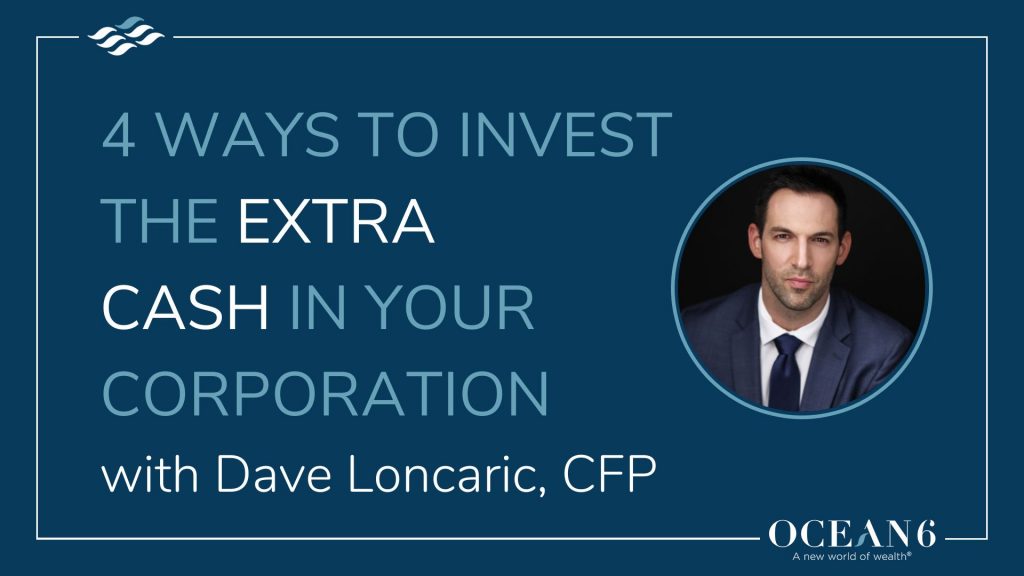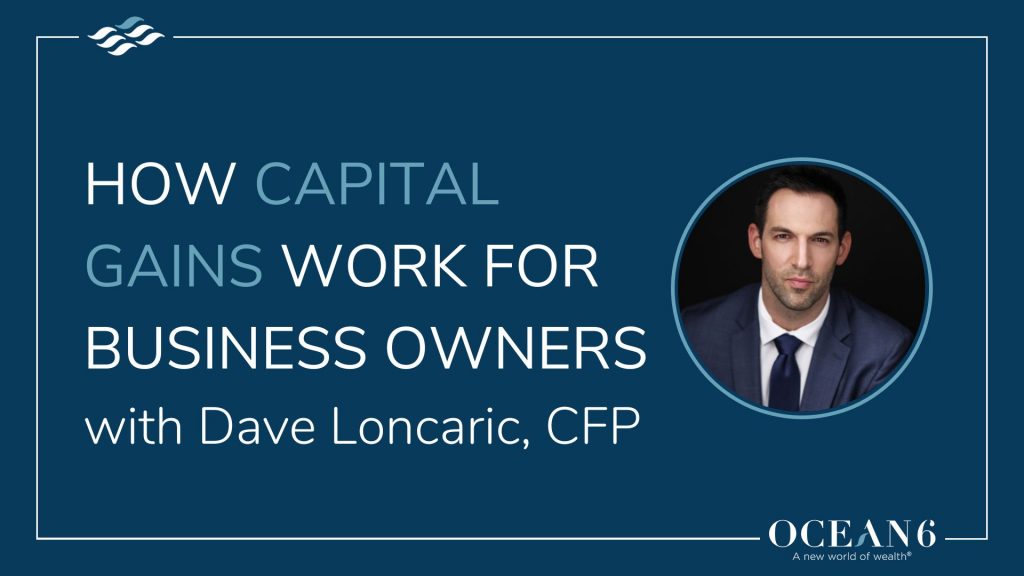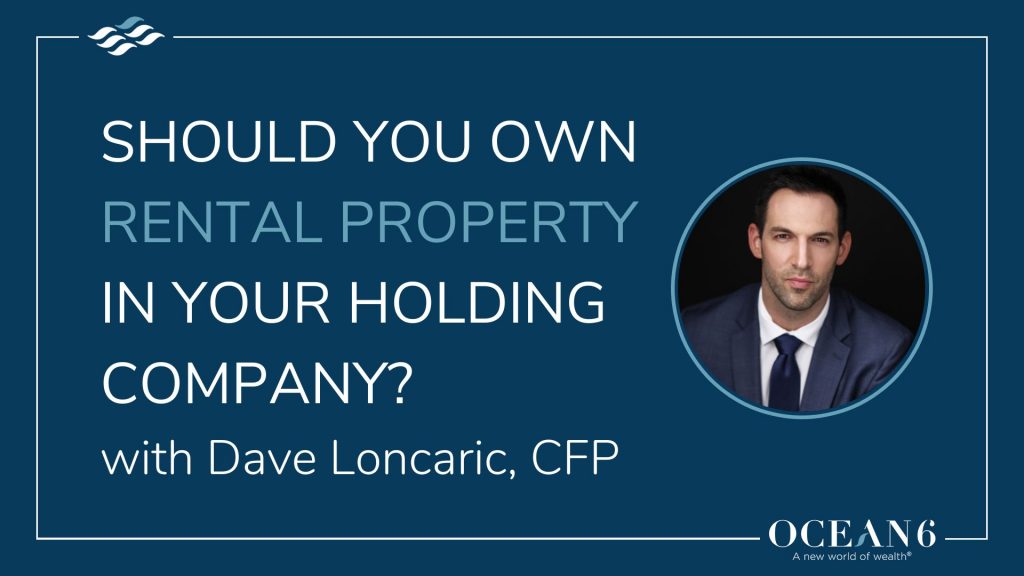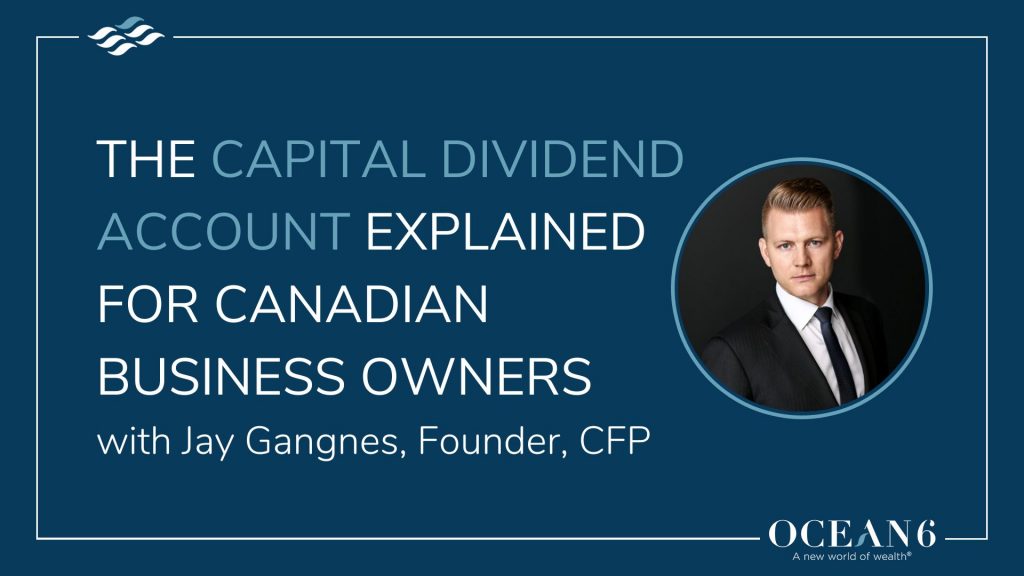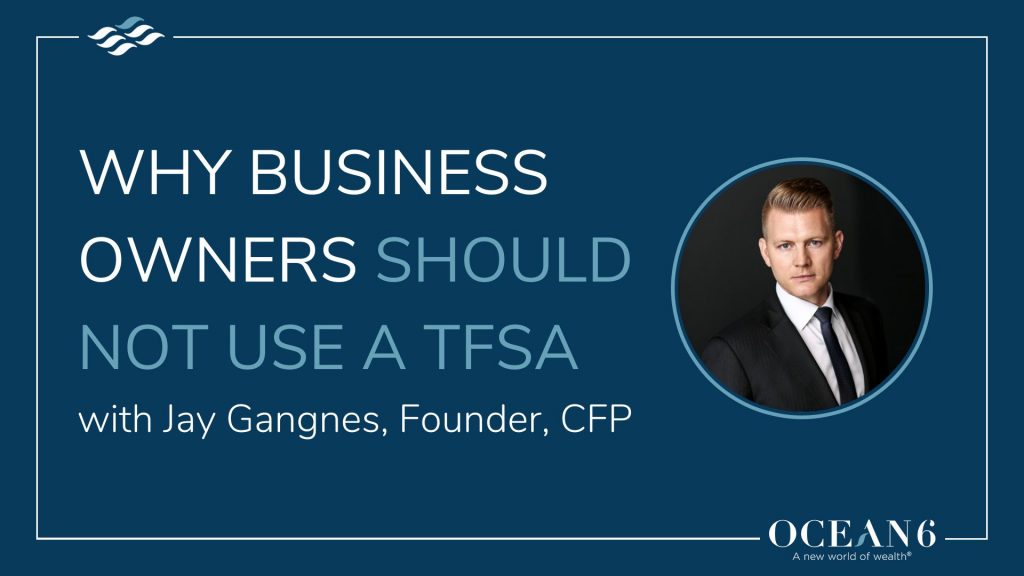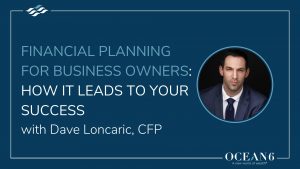We hear from many business owners and entrepreneurs that they’re so caught up in the day-to-day operations of their business that things like investment planning fall by the wayside.
They wonder why they don’t have the financial freedom they always hoped for as retirement approaches. If they had spent some time on a strategic investment plan, their money would’ve been working for them in the right places, generating passive income for years.
But don’t panic—it’s never too late to start investment planning to build wealth and change your financial future.
12 Investment Planning FAQs Every Business Owner Needs to Read
If you’re here, that means you’re ready to take those steps toward strategic investment planning.
In this post, we’re going to answer your top questions about investment planning. We’ll also provide you with additional resources and direction to empower you toward a brighter financial future.
1. How can I use my corporation to invest and save taxes?
There are several ways to achieve this goal. We outline different investment planning strategies for using your corporation to save taxes in this post.
But to start you off, here are five to consider:
- Pay yourself a dividend (not a salary)
- Keep as much money as you can inside your corporation — Don’t pull money out of your corporation to put into Retirement Savings Plans (RSPs).
- Invest in capital gains-producing investments — These include stocks, real estate, and corporate class mutual funds.
- Pay life insurance with corporate dollars — Make sure your corporation owns and pays for all your life insurance.
- Consider investing in corporately owned whole life insurance — This helps ensure the money left inside your corporation will go to your family or the charity of your choice instead of the CRA.
2. Why should I keep money inside my corporation?
We encourage most business owners to leave as much money in their corporation as they can.
This includes not taking money out to pay their mortgage. And of course, not taking money out that they don’t need to spend.
By keeping money inside your corporation, you can plan your retirement, maximize your tax efficiency, and pay taxes at a much lower rate, all using your corporation. (The Ocean 6 Blueprint covers all of these bases for you)
3. Should I use RSPs in my investment planning strategy?
We don’t recommend this strategy for most business owners. Take a look at this one-minute video where we explain why.
There are several issues with this traditional way of saving for retirement as a business owner:
- Unless you spend less and in a lower tax bracket at retirement, you will pay more tax, and the government wins.
- The CRA controls how much tax you will pay (who knows where tax rates will go from here!).
- If you pass away before retirement, you could lose half of your RSP to the government.
4. How do I know whether to invest or pay off debt?
Paying off debt and investing are both necessary aspects of financial responsibility. A general rule of thumb: if you can expect to earn a higher rate of return on your investments than the interest on your debt, you should invest. But, if you are carrying high-interest debt (for example, credit card debt), consider paying your debt off first. You can also restructure your debt to make the most of a line of credit. Take a look at this post next, where we elaborate on this point: When To Pay Off Debt And When To Invest.
It is important to consider your emotional relationship with money when dealing with debt and investments. The first step is to get clear on your goals. Paying off debt will reduce stress, alleviate uncertainties in life and come with much lower risk. On the other hand, investing will build wealth through passive income but requires a higher risk tolerance. When you are clear on your goals and risk tolerance, it will help put things into perspective.
5. How do I grow (and maximize) an investment portfolio inside of my corporation?
Instead of letting your money sit in your corporation, you want to invest and grow that money like any other investment.
In most cases, we encourage clients to consider using a holding company for their investments.
This comes with two primary benefits:
- Avoids future problems during liquidation
- Tax savings on gains made in your portfolio
6. What types of investments should I include in my portfolio?
Here are a few types of investments to start considering:
Corporate Class Investment Funds
This is the most common type of fund to build your investment portfolio as it’s very tax-efficient.
Other Businesses or Real Estate
Reinvesting some of your earnings into other businesses and real estate is a common investment strategy to build long-term wealth and passive income with more control.
Cash Value Insurance
This refers to whole life, universal life, and critical insurance. It’s an unconventional way of investing. It uses premium features to pull cash out of your corporation.
7. What questions should I ask before making investment planning decisions?
Here are some of the most important questions to ask your financial planner (and yourself) during the investment planning process.
- What are my long-term goals? At Ocean 6, we use the Blueprint Process to help our clients get clarity and confidence with their financial plan and set down long-term goals to build a financial future.
- What are my time horizons?
- What strategy is most tax-efficient?
- Am I taking advantage of the passive income rule?
Learn why these are important questions to ask before making investment planning decisions.
8. Is there such a thing as ‘the best investment’ out there?
Truthfully, there’s no single solution. All of them have their purpose, strengths, and risks. Once you know your tolerance and long-term horizon, then you can drill down and decide which suits your needs.
9. Why should I have a capital dividend account inside my corporation?
For starters, this is one of the best-kept secrets for business owners! Why? Because almost nobody is using it.
A capital dividend account allows life insurance proceeds and capital gains to grow tax-free and flow out of the account tax-free. If you’re a successful business owner with cash sitting in your corporation, we recommend taking advantage of a capital dividend account.
In this post, we share this example to illustrate the potential of a capital dividend account.
10. How should I structure my investment portfolio?
Business owners often solely measure the success of their investment portfolios by their rate of return. But, tax plays a significant role in your investment portfolio’s overall net rate of return. If your portfolio isn’t structured effectively, you can end up paying significantly more tax.
Begin by factoring in how your gains will be taxed. Structure your portfolio with investments that will be taxed as a capital gain (ex. Stocks, corporate class mutual funds, real estate) instead of interest and dividends. It can be very valuable from a tax-savings standpoint.
Watch a video about how to structure your investment portfolio here.
11. When is a good time to leverage (borrowing funds to invest in the market)?
The answer to this question largely depends on current stock prices and valuations. Right now, we’re cautious about recommending leverage as a financial strategy because stock prices and valuations have been high in recent years.
With that being said, here are three primary considerations to factor in when you’re thinking of leveraging:
- Plan for an extended period to ensure you make money: We recommend about seven years for most clients. This doesn’t mean you have to stay invested for all this time—just plan long-term as the current volatility may continue.
- You must be comfortable paying interest on the money you are borrowing. You don’t want to be in a situation where you have to sell investment assets to pay the interest.
- Take the emotion out of it. This is a long-term investment planning strategy! It’s bound to fluctuate, so be patient and remain calm, even in times of volatility.
Speaking of volatility, that brings us to our following question.
12. What should I do when the market declines?
Staying the course is critical in times of volatility. Historically speaking, there are more positive years than negative, and markets have always recovered and posted gains again. This highlights the importance of your emotional relationship with money.
Customized Financial Planning from Ocean 6
Investment returns are not the only part of successful portfolio management. Focusing on your goals, we consider management fees, risk tolerance, and efficient taxation to maximize your wealth.
Our goal is to make sure your wealth stays with you and your family, not CRA. Don’t wait another day to take control of your financial future.
You’ll never have to worry about whether your wealth is working for you again with a customized financial plan and a team to help you deliver it.
So, let’s get started. Contact Ocean 6 today to discover a new world of wealth.

